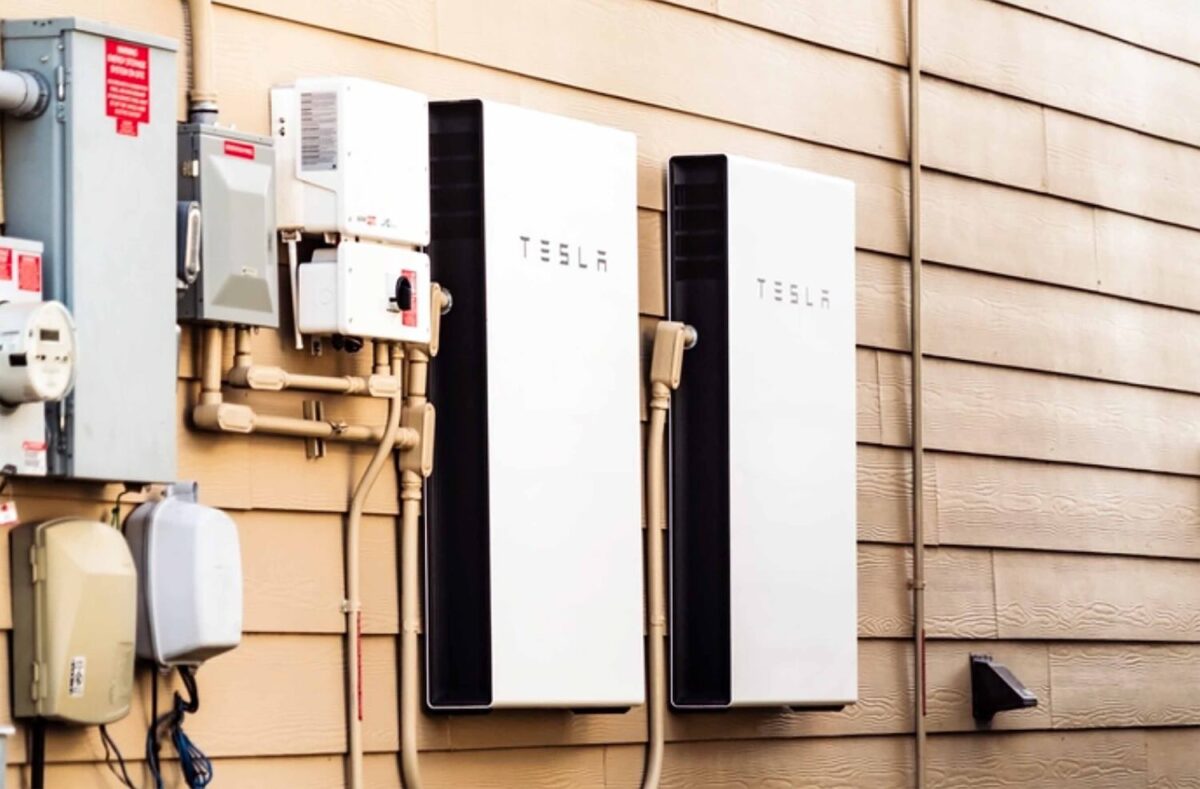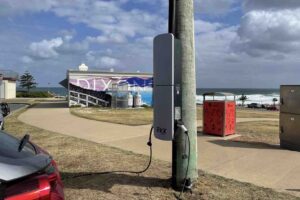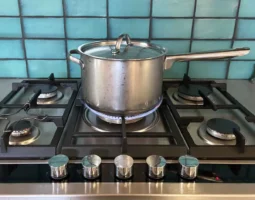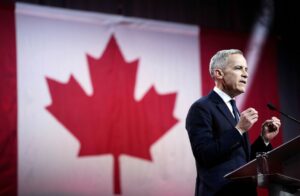A new funding push to create “electric suburbs” and fast-track the uptake of rooftop solar, battery storage and the roll-out of community electrification programs has been hailed as a potential “game changer” for energy consumers.
Federal energy Minister Chris Bowen said earlier on Tuesday he has written to the Australian Renewable Energy Agency to accelerate solar electrification projects and save households more cash.
Bowen has used his ministerial powers to direct the board to consider funding solar panels and home batteries following a deal struck with cross benchers in exchange for support on Labor’s Future Made in Australia legislation.
The agency has to look at funding a project in every state and territory, including at least one in an Indigenous community and one in a low socio-economic area. They would be modelled off the North Wollongong community electrification test bed funded by the renewable energy agency in 2024 and led by Saul Griffith.
“This initiative could be a game-changer for thousands of low-income renters who struggle with rising energy bills,” said Wendy Hayhurst, the CEO of the Community Housing Industry Association.
“We strongly encourage ARENA to assess projects that will benefit disadvantaged Australians who might otherwise be left behind by the green energy transition.
“Electrification has the power to reduce household energy costs, improve living standards, and contribute to Australia’s emissions reduction goals. We commend the government and crossbench senators for recognising that in this deal today.”
Projects will still be subject to a final independent assessment by the agency’s board.
Independent Senator David Pocock says it will allow chosen suburbs to act as test beds for the regulatory changes needed to scale up renewable energy use and scope out how government support can help achieve electrification.
“In this cost-of-living crisis one of the highest impact, non-inflationary things governments can do is to help households electrify and deliver thousands in permanent power bill relief,” Pocock said.
The Future Made in Australia legislation, which leverages billions of dollars to invest in renewable energy and critical resources needed for such technology, missed an opportunity to support household electrification, Senator Pocock said.
“This agreement helps remedy that gap,” he said.
Griffith, who led the 2515 Electrify project in north Wollongong, said such programs can help develop ways to use public buildings and commercial buildings to provide solar that can help lower the cost of living for renters who don’t have the space on their own roofs, developing public vehicle charging infrastructure.
“The beauty of Australia, courtesy of the roof top solar miracle we have, is most communities can actually generate nearly all the energy they need for all the driving and all the households in their community,” Griffith said.
“That will mean the savings, instead of buying petrol and having that money leave your community, driving an electric car that money will stay in your community.
“So developing the new charging models, the new finance models, hugely important. And also really critically one of the original goals to do these pilots is to complete the whole technology stack to make it work at community level.
“So, with all of that extra generation people say, “Oh, it’s going to stress our distribution grids”, it doesn’t have to. This can be the relief that makes our electricity system both cheaper and stronger and more reliable.
“And hopefully the ‑ actually, we’re already seeing it in Electrify 2515, I think these projects across the nation will really accelerate in a global first precedent kind of way building the electrical grids of the future that are going to lower our costs, increase the reliability and be our future energy system.
The renewable energy agency has helped fund more than 660 projects to the tune of $2.25 billion, ranging from early-stage research and prototyping to later-stage developments.
The minister wrote to the agency in late 2024 but only revealed the direction on Tuesday.
AAP








